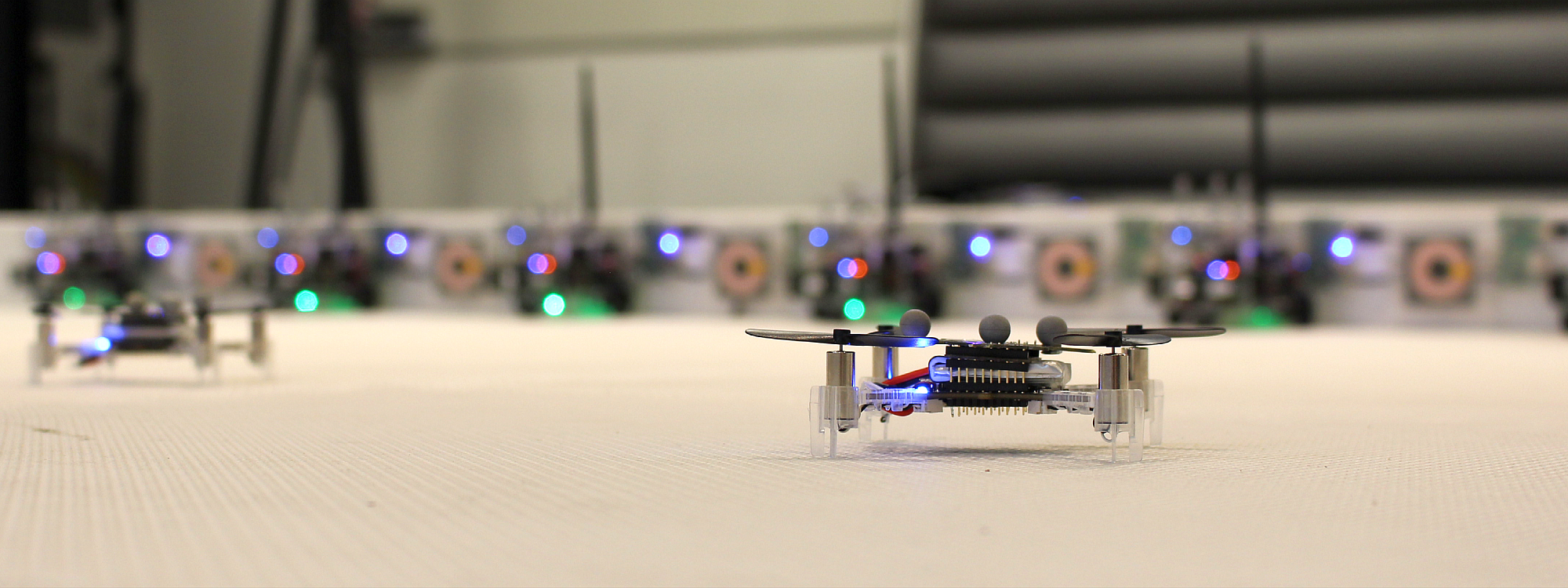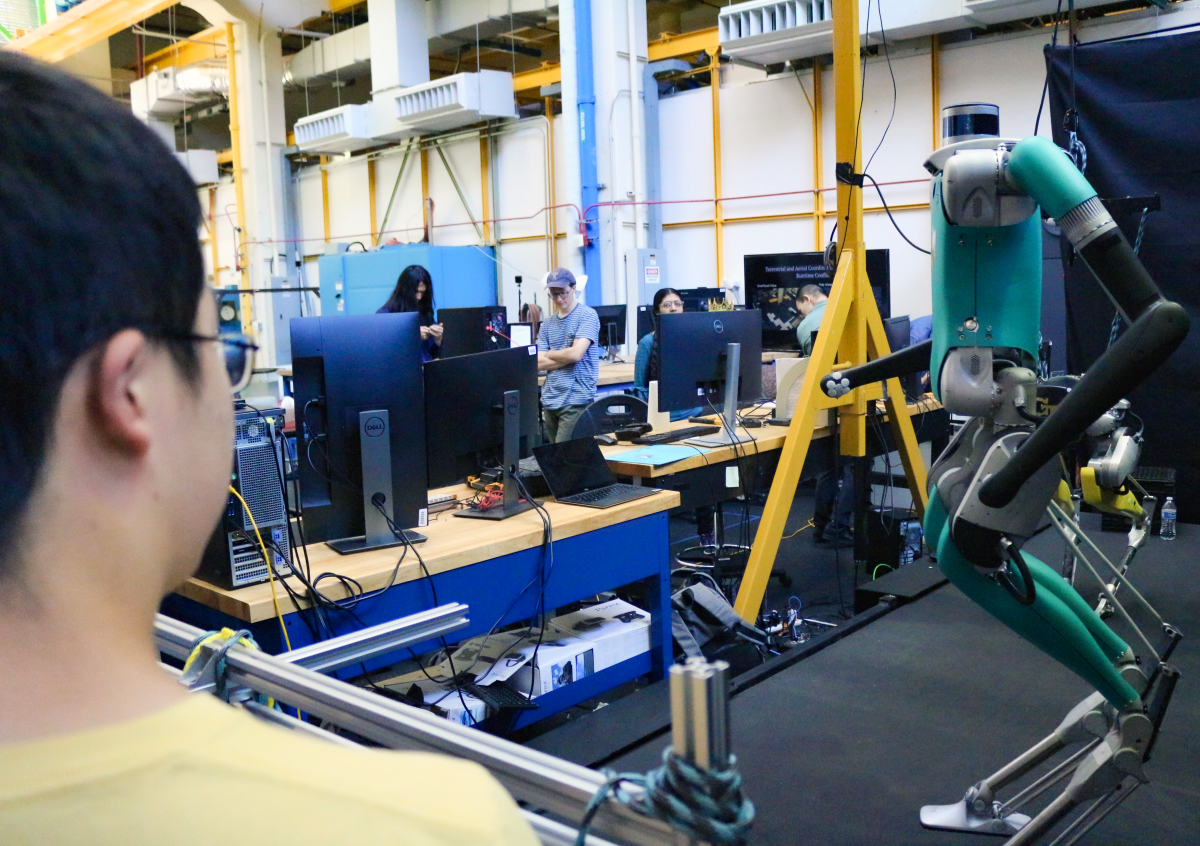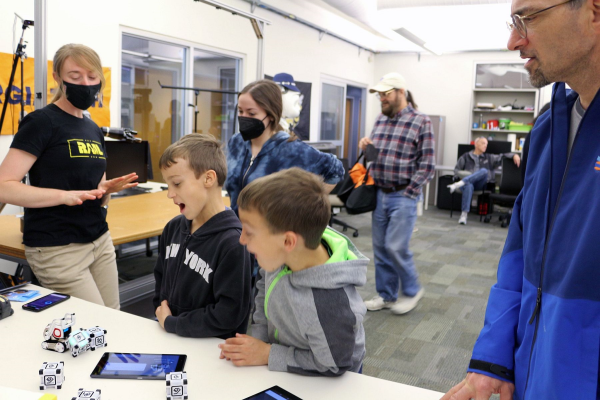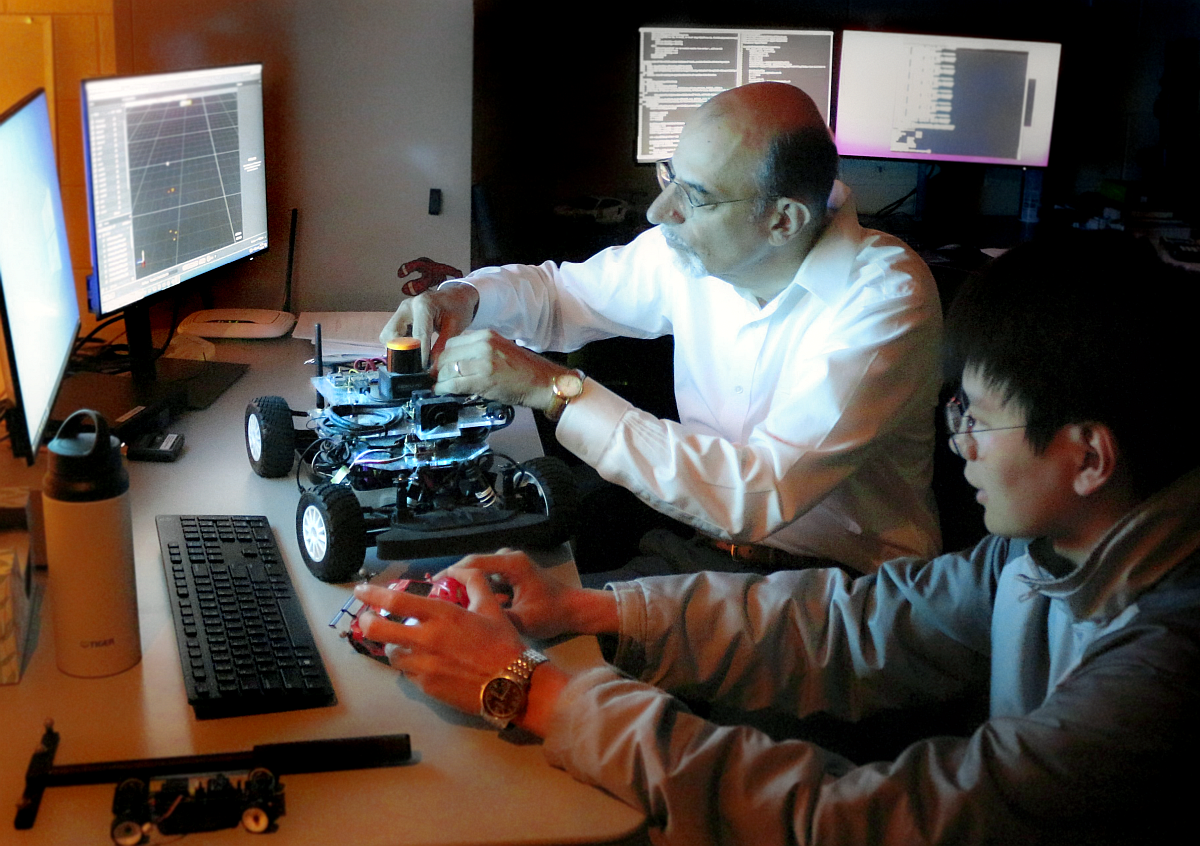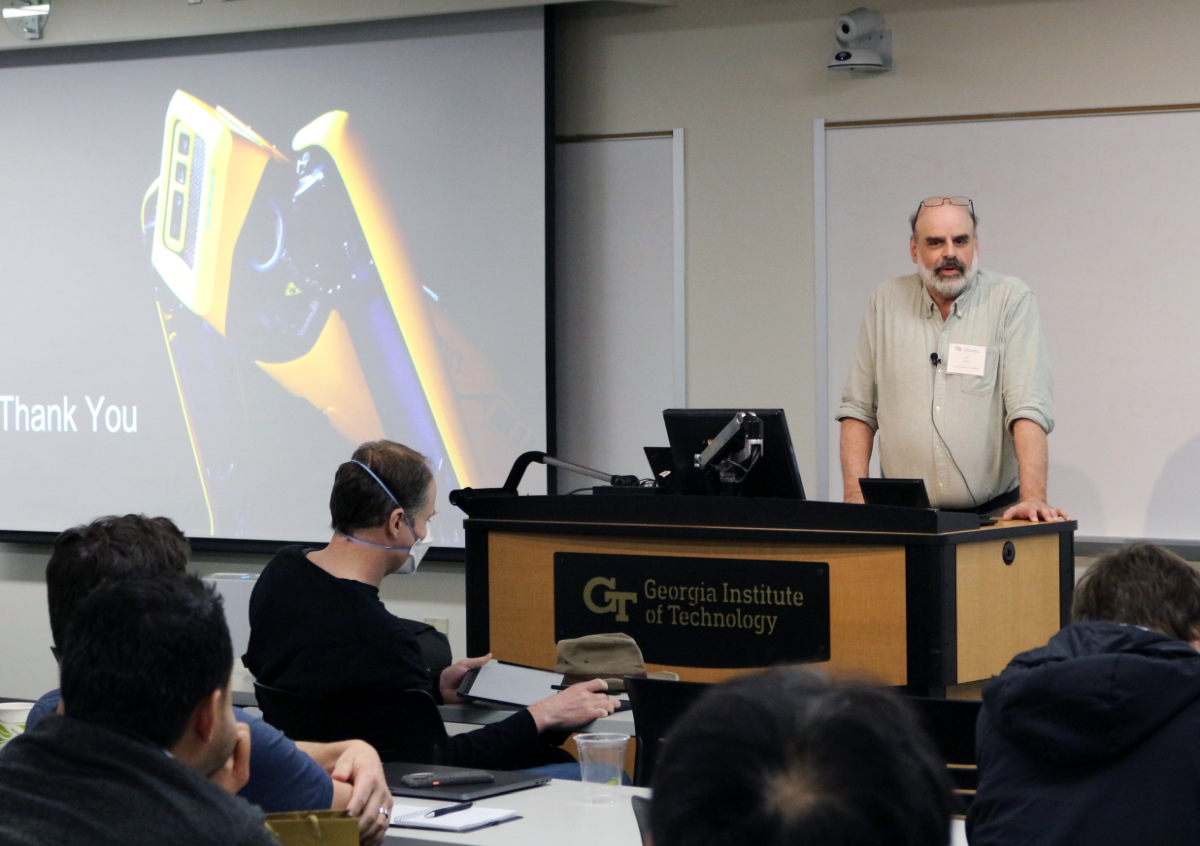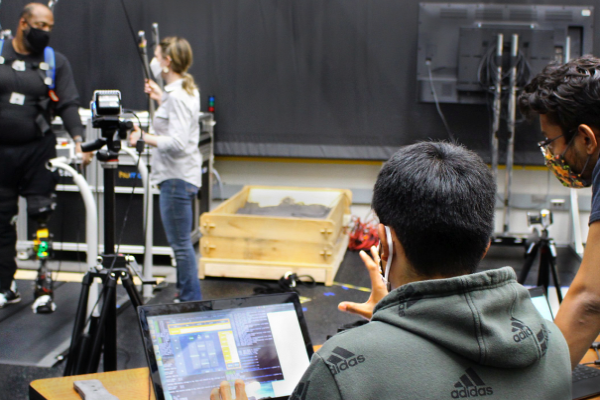(text and background only visible when logged in)
SPOTLIGHT
(text and background only visible when logged in)

Robotics Days for Industry 2024
December 4th and 5th, 2024
Klaus Computing Building | 266 Ferst Drive | Atlanta GA, 30332
Keynote Speaker: Ross Diankov | Co-Founder & CEO, Mujin
.
 Bio: Ross Diankov is a distinguished innovator in robotics and machine intelligence, celebrated for his pivotal role in advancing robot software development. With a foundation in computer science, Diankov furthered his expertise in robotics with a Ph.D. from Carnegie Mellon University's Robotics Institute. His groundbreaking research there laid the groundwork for robots performing complex manipulations in dynamic environments.
Bio: Ross Diankov is a distinguished innovator in robotics and machine intelligence, celebrated for his pivotal role in advancing robot software development. With a foundation in computer science, Diankov furthered his expertise in robotics with a Ph.D. from Carnegie Mellon University's Robotics Institute. His groundbreaking research there laid the groundwork for robots performing complex manipulations in dynamic environments.
In 2011, Diankov leveraged his expertise to co-found Mujin, aiming to redefine industrial automation with intelligent robotics solutions. Mujin has since been at the vanguard of integrating robotics into logistics and manufacturing, streamlining operations with unparalleled efficiency. The MujinController Platform, a testament to Diankov's vision, exemplifies the company's innovation, enabling robots with the ability to autonomously navigate and manipulate their surroundings.
A proponent of open-source technology, Diankov has significantly contributed to the Robot Operating System (ROS) and various other open-source projects, facilitating widespread advancements in robotics research and application.
Diankov's contributions extend beyond technology development. As a thought leader, he actively participates in conferences and panels, sharing insights into the fusion of academic research and industrial application in robotics. His forward-thinking approach and dedication to innovation not only fuel Mujin's success but also inspire the next wave of robotics enthusiasts and professionals. IEEE RAS Distinguished Service Award, and the 2014 IEEE RAS Early Career Award. He is a member of the 2023 IEEE Fellow class.
Learn More Here
IRIM Overview
Robotics Research
The depth and breadth of IRIM breaks through disciplinary boundaries and allows for transformative research that transitions from theory to robustly deployed systems featuring next-generation robots. Fundamental research includes expertise in mechanics, control, perception, artificial intelligence and cognition, interaction, and systems.
IRIM & Outreach
The Institute for Robotics & Intelligent Machines (IRIM) participates in numerous K-12 STEM and community outreach activities related to robotics. Additionally, IRIM hosts tours throughout the year, and our student group, RoboGrads, participates in activities to raise awareness of the importance of robotics technology and stimulate interest in the field
Robotics Education
Georgia Tech offers an interdisciplinary path to an M.S. and Ph.D. in Robotics to students enrolled in a participating school within either the Colleges of Computing or Engineering. A fully integrated, multidisciplinary experience, the M.S. & Ph.D. programs include both coursework and research with faculty members in various units across campus.
IRIM & Industry
Our Industry Program allows partners to explore opportunities for research collaboration, facilities and services, consulting, student hiring, and other interactions. Whether you join as a strategic partner, an affiliate, or as a member of one of our customized consortia, your team will be supported through our work as a interdisciplinary group of robotics leaders.
New Faculty Feature
Welcome Matthew T. Flavin & Flavin Neuromachines Lab to the IRIM Team!

Prof. Matthew Flavin is currently an assistant professor in the School of Electrical and Computer Engineering at the Georgia Institute of Technology where he leads the Flavin Neuromachines Lab. Before joining the faculty at Georgia Tech, Prof. Flavin was a postdoctoral researcher at Northwestern University. He received his M.S. and Ph.D. degrees in Electrical Engineering in 2017 and 2021 from the Massachusetts Institute of Technology (MIT), and he received his B.S. in Electrical Engineering in 2015 from the University of Illinois at Urbana-Champaign (UIUC). He received the NIH Ruth L. Kirschstein Institutional National Research Service Award (T32) and the Draper Laboratory Fellowship. The vision for his independent research program is to develop powerful peripheral neural interfaces and mechatronic wearables that leverage advanced sensors and intelligent systems to address important and unresolved challenges in patient care.
Visit the Flavin Neuromachines Lab Here
(text and background only visible when logged in)

